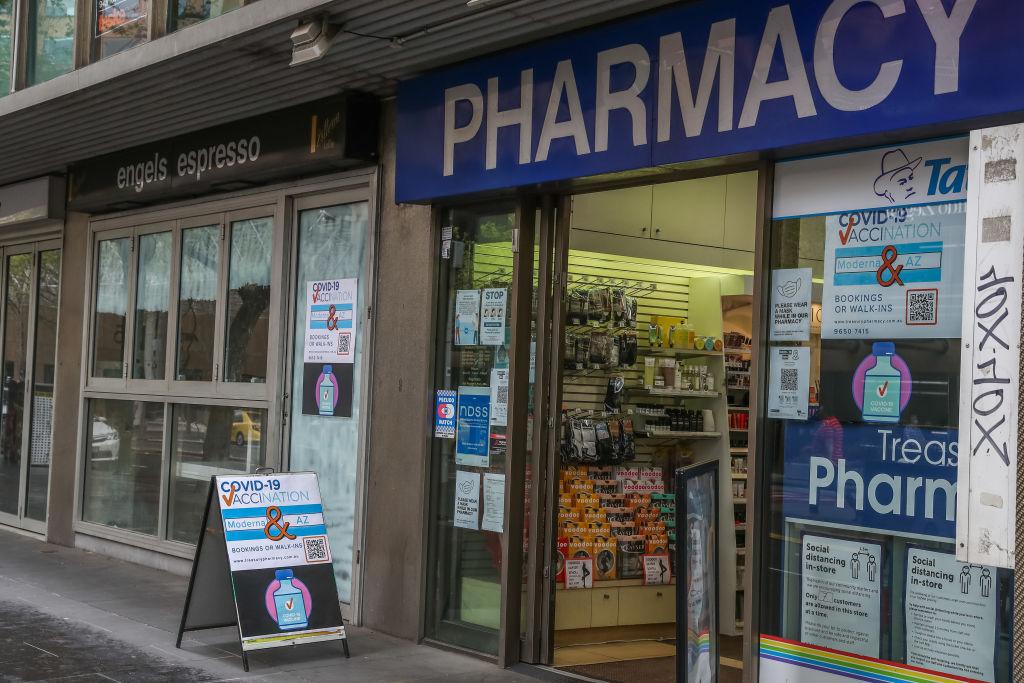A trial program allowing pharmacies to provide certain medications, saving patients a trip to the doctor, has been expanded to include some common skin conditions.
Eczema, shingles, school sores, and mild plaque psoriasis are now covered by the New South Wales (NSW) trial, which general practitioners have criticised, claiming it overlooks the patient’s overall care.





